The Mother Earth News Fair returns to WNC Saturday and Sunday, April 28 and 29, bringing exhibitors, vendors and presenters to the area to help attendees learn techniques for living simpler, more meaningful lives.
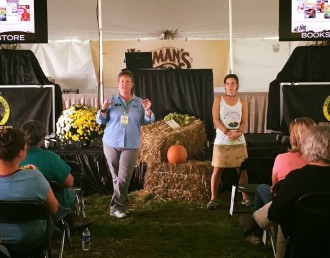

The Mother Earth News Fair returns to WNC Saturday and Sunday, April 28 and 29, bringing exhibitors, vendors and presenters to the area to help attendees learn techniques for living simpler, more meaningful lives.
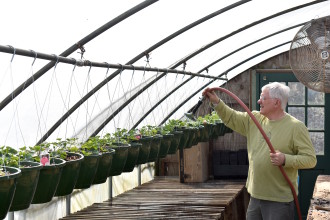
“There are 22 women’s garden clubs in Asheville; this is the only men’s garden club,” says member Gerry Hardesty. The Men’s Garden Club is carrying on a tradition of community service and education that spans nearly eight decades, and it welcomes new members.
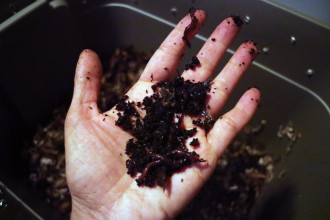
Stephanie Harper set up her vermicomposting bin for under $40, using supplies that are readily available locally. Her worms — which she says are “kind of like pets” — break down food waste, turning it into a rich fertilizer for the garden.
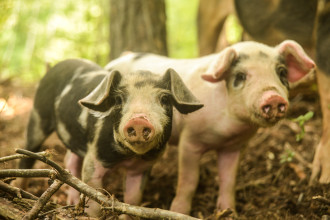
As a biodynamic farmer, Megan Naylor of Barnardsville strives to create a closed-loop system that feeds her livestock, her family and the soil.

Alyssa Sacora grows and cans much of her own food to increase the year-round quality of her diet and as an environmentally friendly strategy for long-term storage. She also does it as a way of carrying on a long-standing tradition in her family.
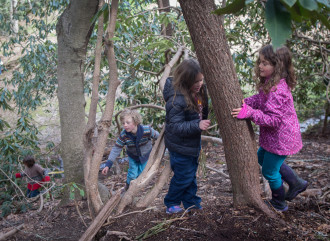
Nature-based schools are catching on around the country. The Woodson Branch Nature School, located in Hot Springs and Marshall, is a local manifestation of the trend, which emphasizes outdoor learning and unstructured outdoor play.

Danu Macon plans to plant 1,000 fruit trees in Western North Carolina in 2018.
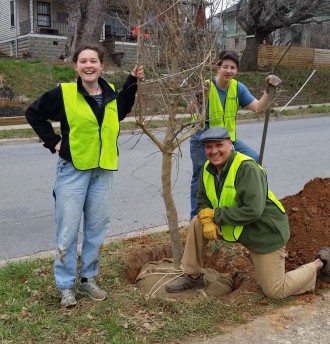
Asheville GreenWorks, the Tree Commission and the city have joined forces to host a four-part workshop series on tree care this spring.
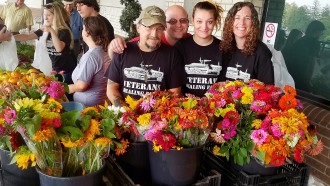
The Western N.C. Alliance of Gardens That Give is a collaborative effort among local gardens that grow food to reduce food insecurity in this region. The organization welcomes prospective new members to attend its next quarterly meeting, held Monday, April 16.
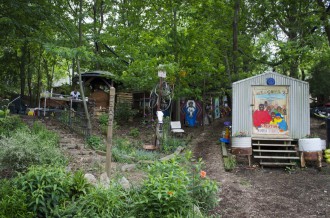
The Burton Street Peace Garden started out as a community experiment, says founder DeWayne Barton. Today, the space serves a variety of needs and purposes, nourishing bodies and souls on what was once a trash-strewn vacant lot.
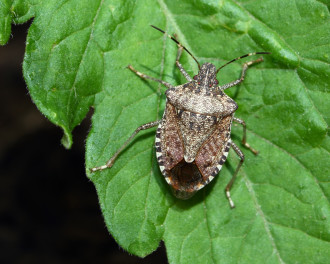
The fight to protect food crops against destructive insect pests has become more challenging in recent years, Mills River farming expert Patryk Battle reports. Battle and Boone-based insect scientist Richard McDonald will present a March 31 workshop on when and how organic growers should take drastic measures to deal with damaging insect and disease infestations.

With a far out feeling, voting has begun for the beloved annual Best of WNC awards. Only you can decide who’ll be feelin’ it in the new summer of love, when winners are announced this August. You have until 11:59 p.m. on the night of Saturday, April 28 to complete your ballot and make sure your voice is heard. […]
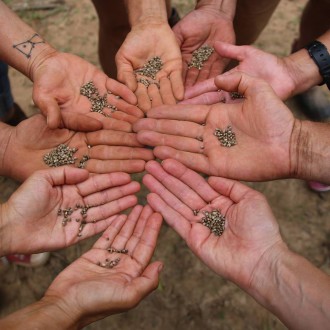
Last year, a handful of area farmers planted the first hemp crops to be grown legally in Western North Carolina in over 70 years. That first crop was plagued by delays introduced by regulators at the U.S. Drug Enforcement Administration, who held up shipments of seeds and seedlings, leading to a late start. Growers expect a smoother process for the 2018 growing season.
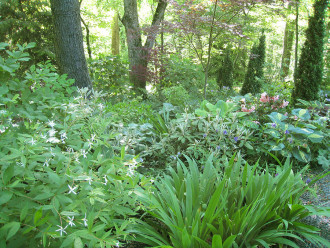
On March 20, landscape architect Sieglinde Anderson and photographer Ruthie Rosauer will share advice for gardening beneath and appreciating this region’s diverse and abundant tree canopy. Sponsored by the Hendersonville Tree Board, the talk will take place at 6 p.m. at the Henderson County Library Auditorium in downtown Hendersonville.
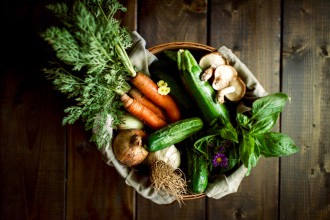
How to decide on a community-supported agriculture farm to which to subscribe? Enter ASAP’s CSA Fair on Thursday, March 15, 3-6 p.m. at New Belgium Brewing Co. Fifteen farms will be there, each with weekly pickup locations in Buncombe County.
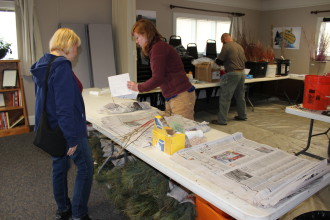
The Buncombe Soil & Water Conservation District’s spring plant sale March 1 and 2 offers gardeners an opportunity to purchase fruit trees and berry bushes at great prices — and at the ideal time to plant.

For its 25th anniversary Spring Conference, Organic Growers School looks to bring in the wisdom of people of color to talk about race-related issues in farming and the food system.
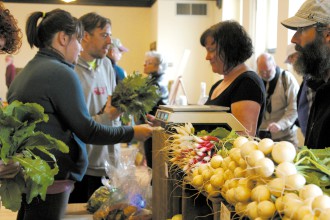
Growing vegetables in limited daylight and freezing temperatures is no picnic. But Asheville-area winter markets feature a surprising selection of fresh, locally grown produce, thanks to savvy farmers.
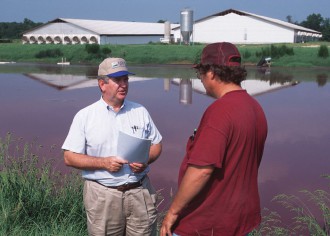
Advocates for clean water in North Carolina often focus on the eastern part of the state, which hosts one of the world’s highest concentration of hogs. But French Broad Riverkeeper Hartwell Carson emphasizes that Western North Carolina and its smaller farms are not immune from the water quality issues related to animal agriculture.
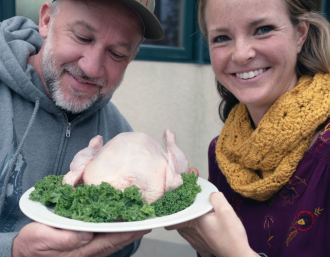
The sudden closure of the area’s only poultry processing plant in October not only caused a pre-Thanksgiving scramble for local turkey producers, but continues to impact Western North Carolina’s small farms.
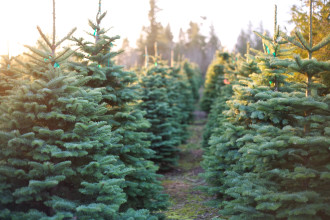
Asheville loves its organic produce. But the same shoppers who scrupulously avoid conventional fruits and vegetables may not think twice about the practices used to raise another of Western North Carolina’s agricultural mainstays — Christmas trees.